Idrisa Pandit, Director/Assistant Professor Studies in Islam, University of Waterloo Canada, is a prominent Muslim feminist and Islamic scholar originally hailing from Kashmir. Idrisa Pandit joined the Studies in Islam (SI) program in March of 2011. She brings to SI her experience as a community developer and activist as well as her inter-disciplinary research and teaching background. In her doctoral research Idrisa Pandit studied informal communication patterns of humanities scholars and her post-doctoral work focused on international information policy. Idrisa has taught courses at various universities and colleges on media studies, information policy, and Islam as an Abrahamic faith. Idrisa Pandit’s current work has dual focus—social justice and interfaith bridge building. She has worked on issues of interreligious relations in North America for two decades. In an exclusive interview with The Kashmir scenario, Idrisa Pandit talks to Rameez Makhdoomi.
What are the main issues faced by Muslim women?
According to their cultural conditions, Muslim women are facing many similar problems like those linked with undue domination of patriarchy and these discriminations are present in every Muslim society regardless of culture .People sometimes confuse Islam with cultural notions and say this is how it is done in that country and this country, whileas the message of Islam is uniform and people in West, as a result of this cultural connotations and Islamophobic attitude make their own stereotypes about Muslims. What has been your experience as a woman in West? As a Muslim one has to face lot of struggles in west but with the grace of Allah for me, journey has been a Jihad and I have fought my way through.
Can we say Women of West is in better condition as opposed to East?
Yes to some extent. Maybe they have given more opportunities for women to excel in western world and they are ahead of us slightly in this regard and are more sensitive to women issues. But to a large extent the Western women also face the similar issues of discrimination like women in East face and sometimes it feels there is not a big difference between the condition of women in West and East. Women in west are paid less than their male counterparts for the same job and other discriminations too.
How would you define Islamic feminism?
I call myself Muslim Feminist. Somehow this feminism is given a western coloring which is entirely different connotation. Feminism has diverse shades and does not mean women become like man .For me as a Muslim women, it entails that women understand their roles and responsibilities from teachings of Quran so that to me it is strengthening what Allah (SWT) has given women in the Quran and helping her leading and upholding what has been given to her in Quran. Feminism does not mean man hating as some have boiled down it to. Islamic feminism teaches me not to stand a man who mistreats and abuses women in the name of great religion Islam.
How far have the message of Holy texts of Islam been distorted by vested interests?
Oh! hugely. Using religious scriptures for own selfish means and to defend oppression and their bad behavior by many so called Muslims is a worst sin. It is a spiritual abuse. Islam is a great religion for entire humanity and for both men and women.
Do you feel that Muslim in current times is viewed as more intolerant towards other faiths?
Absolutely yes! This phenomenon has a historical background dating back to 16th century onwards. The majority of us often misuse our Holy texts. Take the example of word “Kafir” most of us think it means “Infidel” while as it actually means covering truth. So if I am covering truth as a Muslim I am also a Kafir. The teachings of Islam clearly preach respecting other faiths as well.
How can one engage in inter-faith dialogue?
One should not engage in inter-faith dialogue if he or she does not have strong foundations about his faith. Being a Muslim you have to engage people in amicable manner and not to thrust or force your ideas upon them and not to engage in leader like heated debates. They should accept Islam by their own will and perspective not by coercion. This is what the teachings of Islam outline. Critics of Islam point out that Islam believes in crushing other faiths. Your take? Absolutely not! It is quiet contrary to what critics say as the proud history of Islam is testimony to this fact. The message of Islam was never spread at the cost of crushing other faiths. Prophet Muhammad (PBUH) never imposed faith on anybody even on his family. He never crushed anyone. Medina is perfect example how coexistence of faiths existed in times of Prophet Muhammad (PBUH) Islam clearly states to speak the truth and let others make their own decision and it never believes in coercion and imposition. One more thing Jihad is not about Qatal what some call killing and murdering people. Jihad is to understand and struggle to speak truth. There is no historical evidence to prove that Islam was spread through force or by sword.
What are your areas of concern?
My areas of concern and interest happen to have understanding of gender issues, inter-faith dialogue, Islam and west. I also teach on these issues.
What has been your experience in this trip to Kashmir?
This trip has been a bit sad for me. I could be wrong and maybe over the facts, but I feel there is growing tensions between Muslim and increasing perceptions that I am right and every other is wrong. The only weapon that has effectively worked against Muslims is sectarianism be it in Syria, Libya, Egypt, Pakistan etc. Allah (SWT) through Quran teaches us to hold on to one rope as one people. There is nothing wrong if people follow one or the other thing as long as they are not about to eat each other. We should be known as beautiful people not known as hate mongers. Let us agree on core issues and agree all schools of Islam are relevant. Many forces both external and internal are interested in dividing us.
What is your message to people of Kashmir?
My message to people is be united and engage in less criticism of one another. Show tolerance and empathy towards one another. I am very positive about youth of Kashmir and when I read about Kashmir issue and other issues. My hope is youth and they will work together and defeat these dangerous and petty issues related to sectarianism. Box Absolutely yes! This phenomenon has a historical background dating back to 16th century onwards. The majority of us often misuse our Holy texts. Take the example of word “Kafir” most of us think it means “Infidel” while as it actually means covering truth. So if I am covering truth as a Muslim I am also a Kafir.


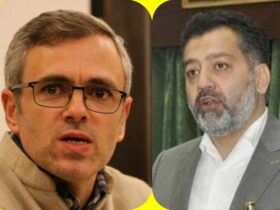
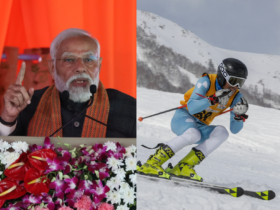

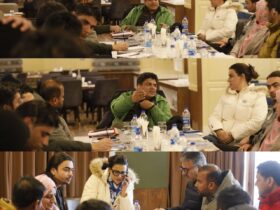



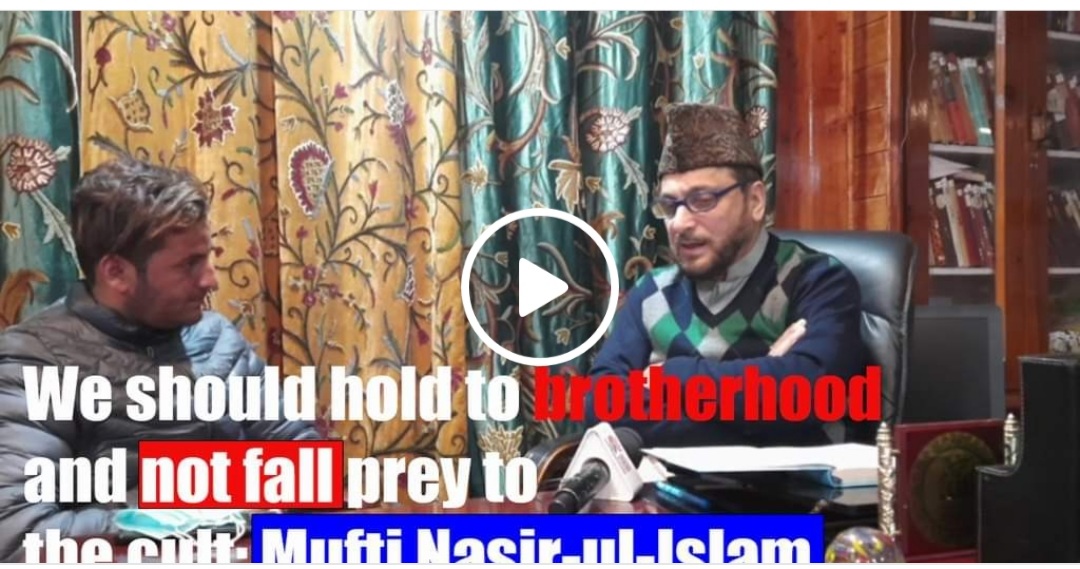

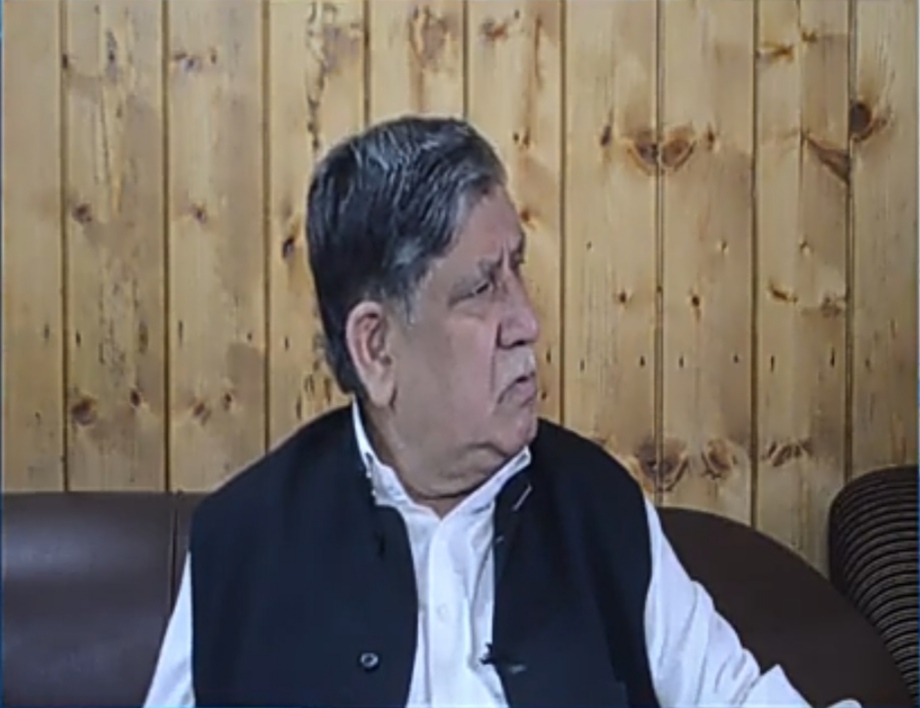
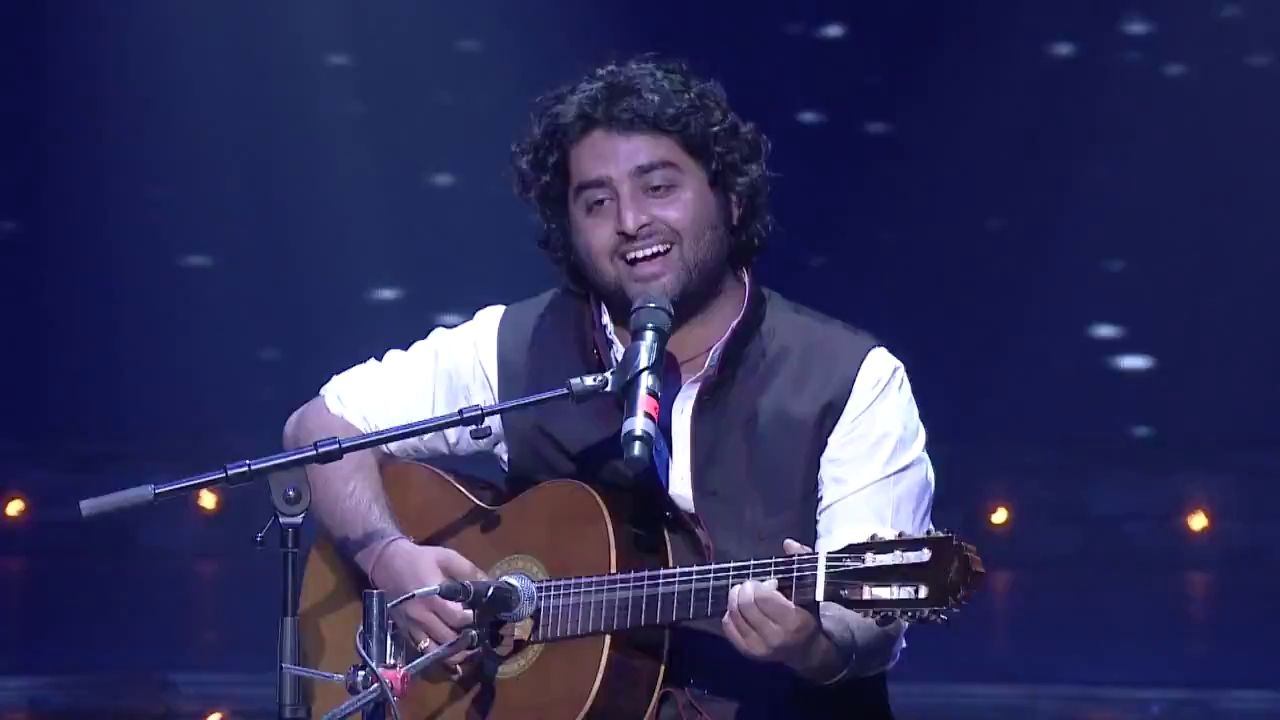
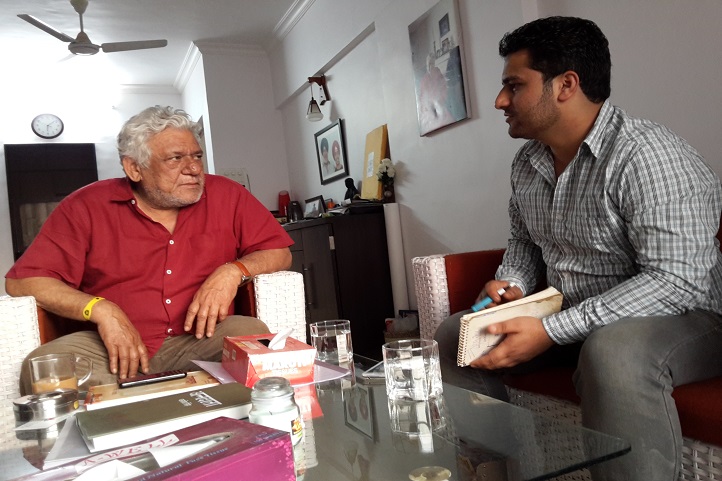
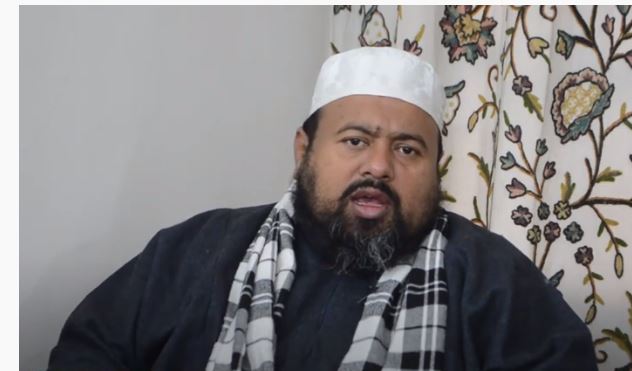

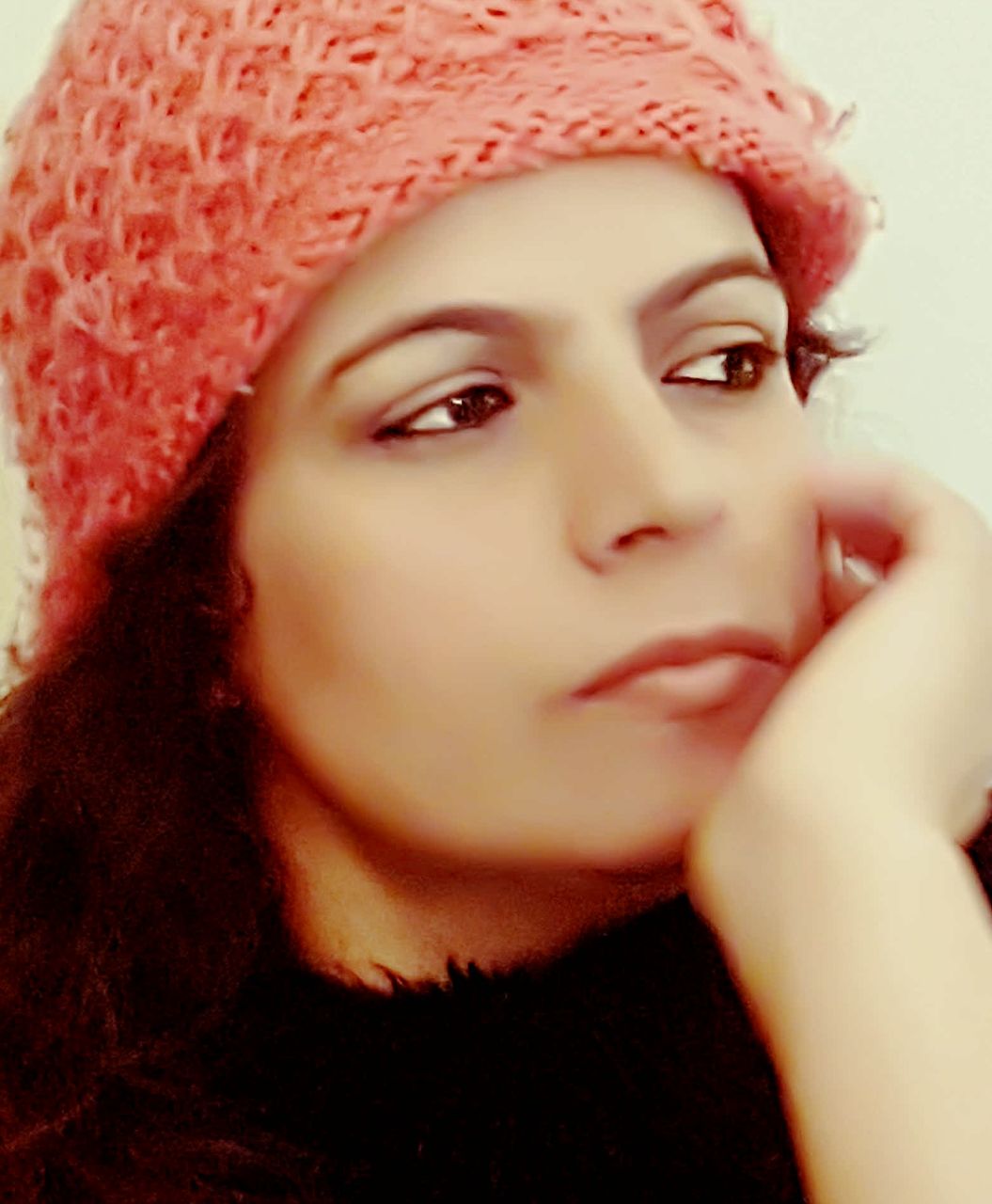
Leave a Reply